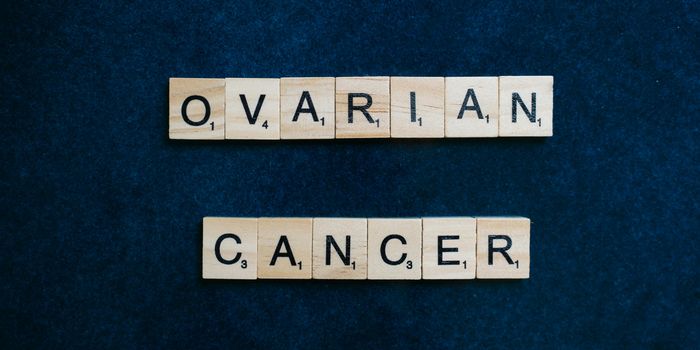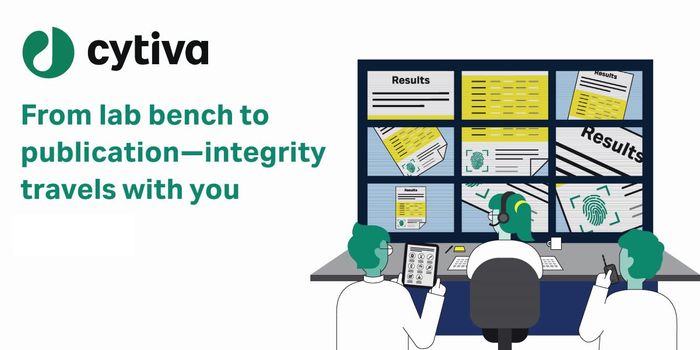New diabetes drug's success predicted by gut bacteria
It's a chilling reality: we aren't sure how many drugs available today work. Each year, governments, universities, and the pharmaceutical industry collectively invest billions in drug development, often prioritizing results over understanding the underlying mechanisms. One example is teplizumab, a recently FDA-approved Type 1 Diabetes (T1D) drug. In clinical trials, teplizumab delayed the onset of T1D in at-risk individuals. An amazing achievement that we don't quite understand.
This lack of knowledge can come back to haunt researchers and patients alike. Clinical trial participants exhibit varying responses to teplizumab, and the lack of a comprehensive understanding leaves scientists to wonder why the treatment can fail. Experts understand that certain genetic markers and specific autoantibodies in the blood are risk factors for T1D. Still, they've yet to discover how these markers relate to disease onset. Without knowing why the progression of T1D varies, how can they determine how teplizumab delays T1D onset?
Not fond of mysteries, a team of immunologists from the University of Toronto is on the case, determined to discover biomarkers that can predict individual responses to immunotherapies.Dr. Jayne S. Danska's laboratory recently published promising research in Science Translational Medicine that could help shed light on the teplizumab mystery.
The new study hypothesizes that a central factor in T1D development is the connection between the immune system and intestinal microbiome.
Scanning the intestinal microbiome, the researchers identified three bacteria species whose interactions with the immune system were associated with (1) time to T1D diagnosis and (2) delayed disease onset with teplizumab therapy. Measuring a particular antibody related to these bacteria could be the predictive biomarker clinicians are hoping for.
Public Domain Image of E. faecalis a bacteria whose ability to elicit an immune response was "associated with higher risk of progression to T1D when all participants were considered together" (Xie, 2023).
The hypothesis of Danska's team paid off; they produced evidence of a connection between immune responses to gut bacteria, T1D progression, and the effectiveness of teplizumab treatment.
This work is evidence that by knowing why drugs work, researchers are better positioned to develop refined therapies for autoimmune disorders. Understanding the immune response to specific gut bacteria can help clinicians better identify individuals who would benefit from immunotherapies for autoimmune diseases like T1D. It also hints at the role of key gut microbiota species in T1D risk.
Sources: EurekAlert!, Science Translational Medicine, FDA
(Lead author interview)









